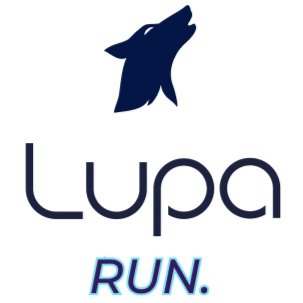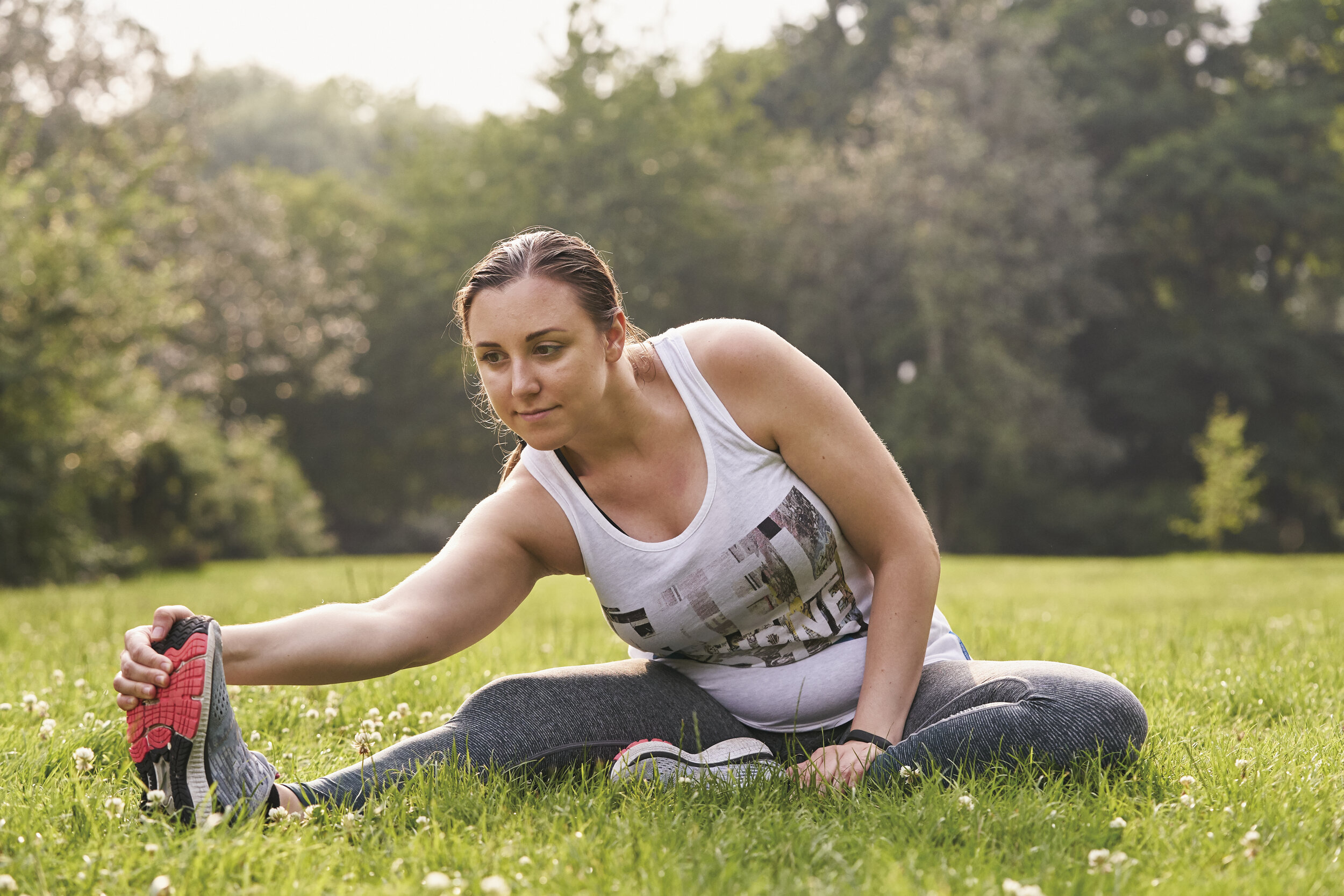The Top 10 Supplements for Runners
So runners, you know that we’ve talked many many times before about the benefits of running. The boost to your mental health, the strengthening of your muscles and bones, the ability to maintain a healthy weight, etc etc.. Well, all of these things and much much more are awaiting you on your running journey but sometimes we need some help to keep us strong enough to continue our training and reap these benefits. That’s where good nutrients and, if needed, supplements can come in.
The reality is that running can be strenuous. Because of the strain running places on our body, we need certain nutrients in our diet to be able to perform and recover properly. That is what we want to help you with today.
Here are our top 10 supplements for runners, as chosen by our Sports Nutrition Partner, Freddie Greswold:
Top 10 Running Supplements
1) Protein
When most of us hear ‘protein’ we probably think of weight lifting in the gym. Obviously, protein is great for strength building in the gym but the benefits of protein are just as relevant for building strength and recovering faster as a runner.
Our bodies need to maintain lean muscle mass, so when we train, we need to make sure we take on board enough protein to balance out the work we have just done. Protein can be found in lean meats, poultry, fish, eggs and dairy, as well as in protein supplements like whey protein powder. It can help promote tissue repair, muscle growth, a reduction in inflammation and a boost in immune function.
Essentially, protein makes you stronger in your running and gives you the ability to do it more often.
Sounds pretty good to us!
2) Omega 3 Fatty Acids
Ok so in terms of nutrients and supplements, protein was an important one, but probably one you could have guessed. Our next nutrient though is one that is just as important but maybe not quite as obvious.
Omega 3 is a group of unsaturated fats that can be found in seafood, as well as nuts and seeds like flaxseed, chia seeds, & walnuts. A lot of runners have low amounts of Omega 3 in their diet which means they are missing out on a super-powerful running ally because Omega 3 can help us to reduce inflammation, enhance muscle recovery, and improve brain and muscle function. If you don’t like fish or nuts, or simply can’t get enough of them into your diet, then Omega 3 supplements could be a nice addition to your run nutrition.
Get that Omega 3 in, and your ability to recover and keep on track with training will get that bit better.
3) Vitamin D
This next nutrient that we want to talk about is vitamin D and it a pretty cool way of connecting with our bodies.
Our bodies create vitamin D from direct sunlight on our skin when we’re outdoors. When we optimise our vitamin D intake, we boost our immune system, and we help our bones and muscles to stay strong and better able to cope with the impact of running.
During sunnier months we should be able to get our full requirement of Vitamin D by just being the runners that we are, embracing life outdoors. However, in colder, darker months, we might need some help to get the vitamin D that we need. That’s where our diet comes in and the best way to get vitamin D into your diet is through oily fish, red meat or egg yolks. If you are vegan or don’t like these foods, maybe you can consult your GP about vitamin D supplements and see if they could benefit you.
Get your vitamin D right and maybe it can help keep those nasty muscle and bone injuries at bay!
4) Magnesium
Ok, you’re a runner, so here’s a few questions.. Do you need energy on your runs? Do you dislike muscle cramps? Do you like to recover well after sessions?
If you answered yes to the above (I really hope you did!) then Magnesium might just be exactly what you need in your life. Magnesium is what our body needs to produce energy and also helps us to develop our bones and strengthen our muscles.
If you struggle to get magnesium into your diet, do your research to see if supplements might be right for you but ideally you can get some naturally from the foods you eat. Some of our favourite foods for magnesium intake are pumpkin seeds, almond/cashew butter, avocado, and dark chocolate… yum.
Magnesium is one of the best things you can add to your diet, get it right and you might just get the energy that you need to push for those faster or longer runs.
5) Calcium
Them bones, them bones need?
Yep, calcium keeps our bones nice and strong, we’ve all heard it since we were in school, but think about how that can impact us as runners. If you have ever had a stress fracture, joint damage or even a fall that led to bone damage, you know just how devastating they can be for your training.
To think, just by including some milk, yoghurt, leafy vegetables or soy based food in your diet you could give yourself a little more protection from bone injuries like that. Seems like a good plan to us!
6) B Vitamins
I’m sure a lot of you reading put effort into your diet - working to get healthy carbohydrates and proteins in there to help your energy, strengthening and recovery. If that’s you then nice job!
..But what if I told you that all those healthy foods wouldn’t do much at all if it weren’t for B vitamins. B vitamins are the family of vitamins that break down our proteins and carbs, converting them into real, usable energy for the body. Without them its like having teabags but no cup or hot water.. its just not adding the value to your life that it should.
To get the most out of you healthy protein and carb full foods, see if you can add elements to your diet that have a nice healthy dose of B vitamins too. That can be anything from legumes to whole grains to dark leafy vegetables like broccoli or kale.
7) L-carnitine
Have you heard of L-carnitine? Well if you haven’t, don’t worry because you have now!
L-carnitine is a chemical that is made in the brain, liver, and kidneys and helps our bodies to turn fat into energy. That burning of fat in itself is hugely beneficial but from an athletes perspective, L-carnitine offers something very cool. Studies show that L-carnitine can actually increase maximum oxygen capacity and improve power output, as well as benefit our recovery from exercise.
There are supplements for carnitine if you need them but the best natural source can be found in red meats, with smaller amounts being found in dairy, beans and avocado if meat isn’t for you.
Aren’t you glad we told you about L-Carnitine? ;)
8) Nitric Oxide
Nitric oxide helps our muscles to use oxygen more efficiently. It acts as a vasodilator which increases blood flow around the body so that muscles get more oxygen. That efficient oxygen usage can significantly impact our strength and endurance performance i.e. it helps us to run harder for longer. Sounds good right?
Nitric oxide might sound a bit sciency and intimidating but getting it into your nutrition plan is as easy as eating some beets, garlic or citrus fruits. That doesn’t sound too bad now does it?
Adding nitric oxide to your diet is especially important if you are a marathon or ultra-marathon runner so get eating those beets!
9) Iron
Iron’t you glad we didn’t forget iron?
Sorry.. bad joke! But iron is another super important nutrient for runners. Iron is an essential mineral that assists in the transport of oxygen from the lungs to the rest of the body. We need iron in our bodies so that we can energise our muscles and have them ready to take on the stresses of training.
There are some great iron supplements out there but like everything, we recommend trying to get these nutrients through your food and drink first if you can. Red meats, seafood, beans, spinach and peas are all rich in iron and can be tasty additions to your meals.
Iron is essential for efficient energy use. If not for running, see if you can get this right for your own quality of life.
10) L-glutamine
Following a long or hard session, your body’s glycogen stores are depleted and to optimise muscle repair, you need to refill those stores as quickly as possible. That is where glutamine can come in handy.
Glutamine is a non-essential amino acid and is part of the building blocks of proteins. It can be found in high protein meats or leafy vegetables and has been shown to help with the promotion of muscle glycogen. Refueling your glycogen stores will help you to feel more energetic, less susceptible to illness and better able to recover.
This is one that can be added as a supplement to your diet at the end of sessions and can be taken alongside a glucose drink after longer or faster runs.
It could make a nice difference!
And there you have it folks. As we said at the beginning, running can be strenuous and because of the strain running places on our body, we need certain nutrients in our diet to be able to perform and recover properly. Protein, Omega 3, Vitamin D, Magnesium, Calcium, B Vitamins, Nitric Oxide, Iron and L-glutamine are ten nutrients or supplements that could be added to your diet to help you get that little bit extra out of your training and recovery. When possible, we recommend trying to get your nutrient intake through the food and drink you consume, but when that is not possible, consult a professional and see if supplements can help you with your health and your running.
The more you can train hard and recover fast, the better you will be as a runner. The role diet can play in that process can’t be understated.
Thank you to our friend, Freddie Greswold, Sports Nutritionist, for putting this together with us and thank you for reading. For more content like this, you can subscribe to our newsletter below.
Happy running and happy eating Lupa Pack! 🏃♂️





